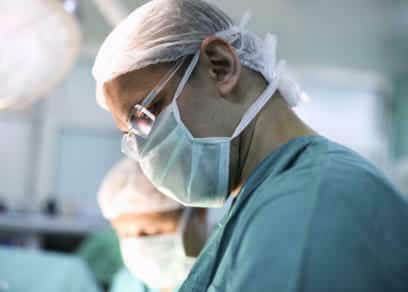Written by Francesca Paul, Medical Negligence Solicitor
Hip replacement surgery is a major procedure that requires a significant amount of recovery time. While the goal of the surgery is to improve mobility and reduce pain, it’s important to remember that the recovery process is just as important as the surgery itself. In order to ensure a successful recovery, it’s important to know what not to do after hip replacement surgery, and how you can maximise your chances of a smooth and effective recovery.
What not to do after hip replacement surgery
- Don’t ignore pain or swelling: Pain and swelling are normal following hip replacement surgery, but it’s important to pay attention to these symptoms and report them to your doctor if they are severe or persistent. These symptoms may be a sign of infection or other complications.
- Don’t forget to follow your physical therapy regime: Physical therapy is a crucial component of hip replacement surgery recovery. Your physical therapist will provide you with exercises and stretches to help improve strength, flexibility, and mobility. It’s important to follow this regimen as closely as possible to ensure a successful recovery.
- Don’t overdo it: While it’s important to stay active during the recovery process, it’s equally important not to overdo it. Pushing yourself too hard too soon can cause further damage or delay the healing process. Listen to your body and take breaks as needed.
- Don’t twist your hip: Twisting your hip can put undue stress on the joint, potentially causing damage or dislocation. Avoid twisting your hip when getting in and out of bed, getting in and out of a car, or when sitting or standing.
- Don’t sit for long periods of time: Sitting for long periods of time can increase the risk of blood clots, which are a common complication following hip replacement surgery. Make sure to get up and move around regularly and avoid sitting for more than 30 minutes at a time.
- Don’t drive until cleared by a medical professional: Driving can put stress on the hip joint, particularly when getting in and out of the car. Wait until a medical professional gives you the okay before resuming driving.
What you can do after hip replacement surgery
Hip replacement surgery is a procedure designed to allow patients to regain mobility and reduce pain. While the recovery process can be challenging, there are several things that patients can do to help ensure a successful recovery. First and foremost, patients should follow their physical therapy regime closely, as this is a crucial component of the recovery process. This may include exercises and stretches to improve strength, flexibility, and mobility. It’s also important to stay active, but not to overdo it. Walking, swimming, and cycling are all great low-impact activities that can help improve circulation and promote healing. Patients should also focus on maintaining a healthy diet, as good nutrition is essential for proper healing. Finally, patients should make sure to get enough rest and avoid engaging in activities that put stress on the hip joint, such as twisting or sitting for long periods of time. By following these guidelines, patients can help ensure a successful recovery and get back to the activities they love as quickly as possible.
Conclusions
In conclusion, hip replacement surgery is a major procedure that requires a significant amount of recovery time. By knowing what not to do after hip replacement surgery, patients can help ensure a successful recovery and reduce the risk of complications. If you have any questions or concerns about your recovery process, don’t hesitate to speak with your healthcare provider.
Have you suffered negligence relating to joint surgery?
As medical negligence experts, we have experience in handling cases in relation to joint surgery an example of this is when we helped a 54-year-old man secure £54,000 in compensation following kneecap surgery. If you believe you have been affected by negligence relating to joint surgery, our specialists are here to help.

